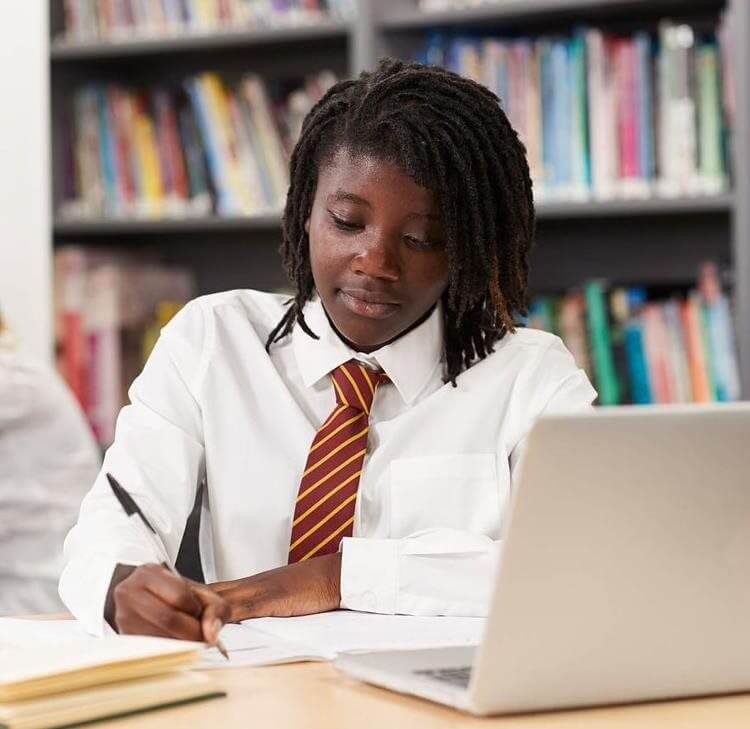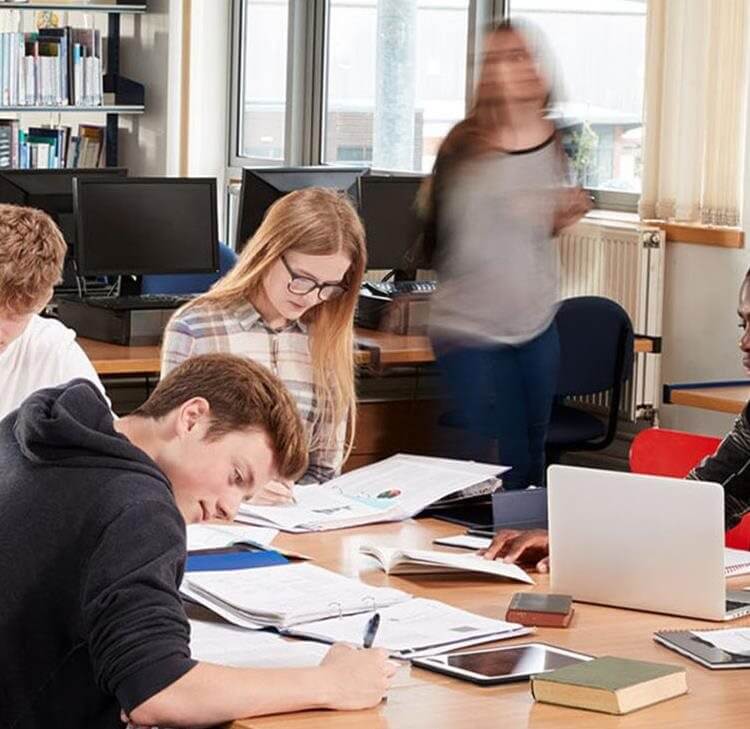Managing pupil behaviour
The majority of pupils have returned to school, it may well seem a very different place and adapting to being back in a school setting will not come easily to some.
Now that the majority of pupils have returned to school, it may well seem a very different place and adapting to being back in a school setting will not come easily to some. Experiences during lockdown may well have impacted on behaviour and this may present on return to school. Pupils have been isolated from their friends and staff members and may have missed out on significant experiences. Some may also have experienced loss or traumatic events due to the pandemic and additional support on their return may be required. There is likely to be some challenges in adapting back to this ‘new normal.’ You may note presentations of behaviour which are not normal for some pupils e.g. challenging behaviour, fight or flight and attention difficulties.
School routines are also likely to have changed to make sure the setting is Covid-19 safe and how pupils will adapt to this alongside the upheaval of the preceding few months is anyone’s guess. For some pupils this will, of course, be harder than others for a number of reasons including SEND, bereavement or mental health issues. Reasonable adjustments and support will be needed. Schools should work closely with any vulnerable groups and implement supportive strategies on re-integration.
It will be necessary to make some adjustments to your behaviour policy for the safety of all staff and pupils and the need for pupils to behave differently when they return to school and adapt to the new systems put in place. If you have carried out a policy review over summer or added a Covid-19 addendum this should still be read alongside the main behaviour policy and other linked policies including your anti-bullying, e-safety and peer-on-peer abuse policies. Any changes will need to be communicated to pupils, their parents or carers and staff.
Some of the suggested areas for addition to your current policy are:
- behaviours around alternative routines for arrival/departure
- following instructions on hygiene and sanitising
- instructions on who pupils can socialise with at school
- how the school is navigated e.g. one-way systems.
There will need to be expectations about coughing, sneezing, spitting and disposing of materials. All things that perhaps were not overtly highlighted before but will be key behaviour factors now. There will be updates to rules on conduct in relation to remote education. There will be increased reliance on online learning and it will be of relevance if urgent and short notice local lockdowns become common place.
The Department for Education have suggested, in the planning guidance for the reopening of primary schools, for example, a list of behaviour principles for schools to consider when updating their polices (some mentioned above), but what schools need to be thinking about is their own systems and procedures and what behaviours need to be monitored and challenged in order to keep everyone using the school environment (in whatever form) safe.
Pupils will need to be given regular reminders of behaviour expectations as the ‘new normal’ beds in and the fact that the changes may not come naturally at first. However, deliberate non-compliance will result in sanctions and any policy should be updated to reflect that in order to keep the school community safe.
As always, our team of education legal experts are on hand should you require support with updating your school or trusts policies or managing any behavioural issues you encounter. Please contact us to discuss your individual needs and support options available.
Contact

Laura Murphy
Associate
Laura.murphy@brownejacobson.com
+44 (0)115 908 4886








































